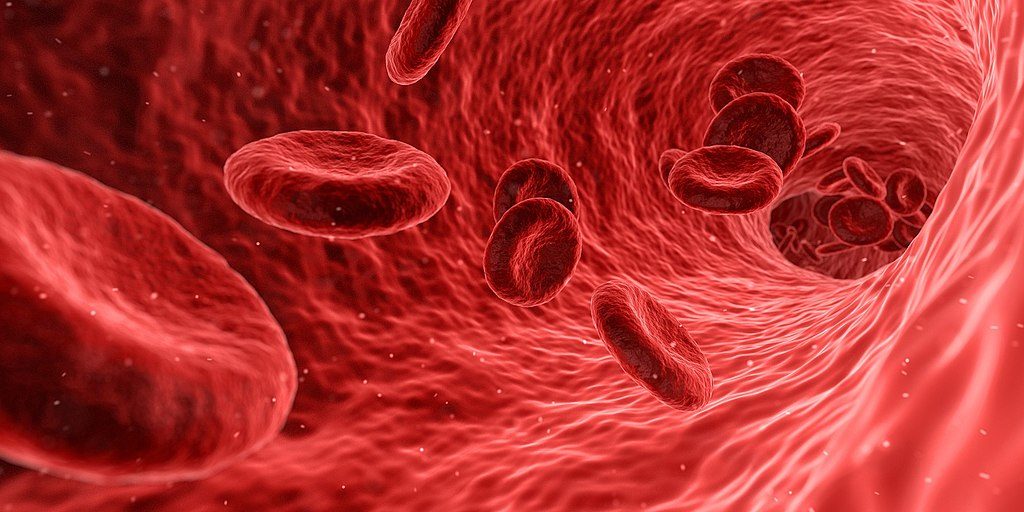Thalassemia is an eminently preventable disease that can be wiped out by pre-marital screening
For a country obsessed with “arranged” marriages, the estimated burden of 100,000 thalassemia patients is more than a little ironical. Thalassemia after all, is just a matter of arranging the marriage right; of checking the genetic composition rather than complexion to determine “eligibility”.
That is why this Thalassemia day, the theme “Thalassaemia past, present and future: Documenting progress and patients’ needs worldwide” resonates particularly in India. There is a need to move from the past practices of marital “arrangements” keeping the present in view and incorporate in the future an element of genetic screening while fixing matches. That clearly is the need of the hour in India.

Thalassemia is an inherited blood disorder caused by a faulty gene. It causes severe anemia and patients require regular blood transfusions to keep going.
Thalassemia is an inherited blood disorder caused by a faulty gene. It causes severe anemia and patients require regular blood transfusions to keep going. The faulty gene has to be present in both the father and the mother and a baby has to inherit that particular gene from both parents for Thalassemia to occur. In other words in a Thalassemia patient, both chromosomes have the faulty gene.
According to a 2017 article in the Paediatric Haematology Oncology journal, the average prevalence of thalassemia carriers is 3–4% which translates to 35 to 45 million carriers in the multi-ethnic and culturally and linguistically diverse Indian population of 1.21 billion people. This also includes around 8% of tribal groups according to the Census of India 2011.
Though many states now have a variety of schemes for thalassemia patients including free blood transfusions, it is a hard fact that it is not an easy disease to live with and it is only the very rich that can truly prolong the life of a thalassemia patient. That is why prevention is of utmost importance.
Thalassemia can be caught during ante natal testing in a pregnant woman but even if detected there is no option other than abortion. The only foolproof and easiest way of prevention is pre-marital screening of both the husband and wife. A marriage between two carriers of Thalassemia should not be encouraged.
In a country where matches are fixed and rejected for many other, sometimes frivolous reasons, this is a culture that needs to be brought about through awareness, advocacy and if need be, the law.


